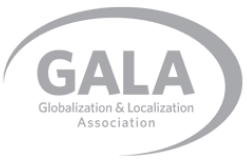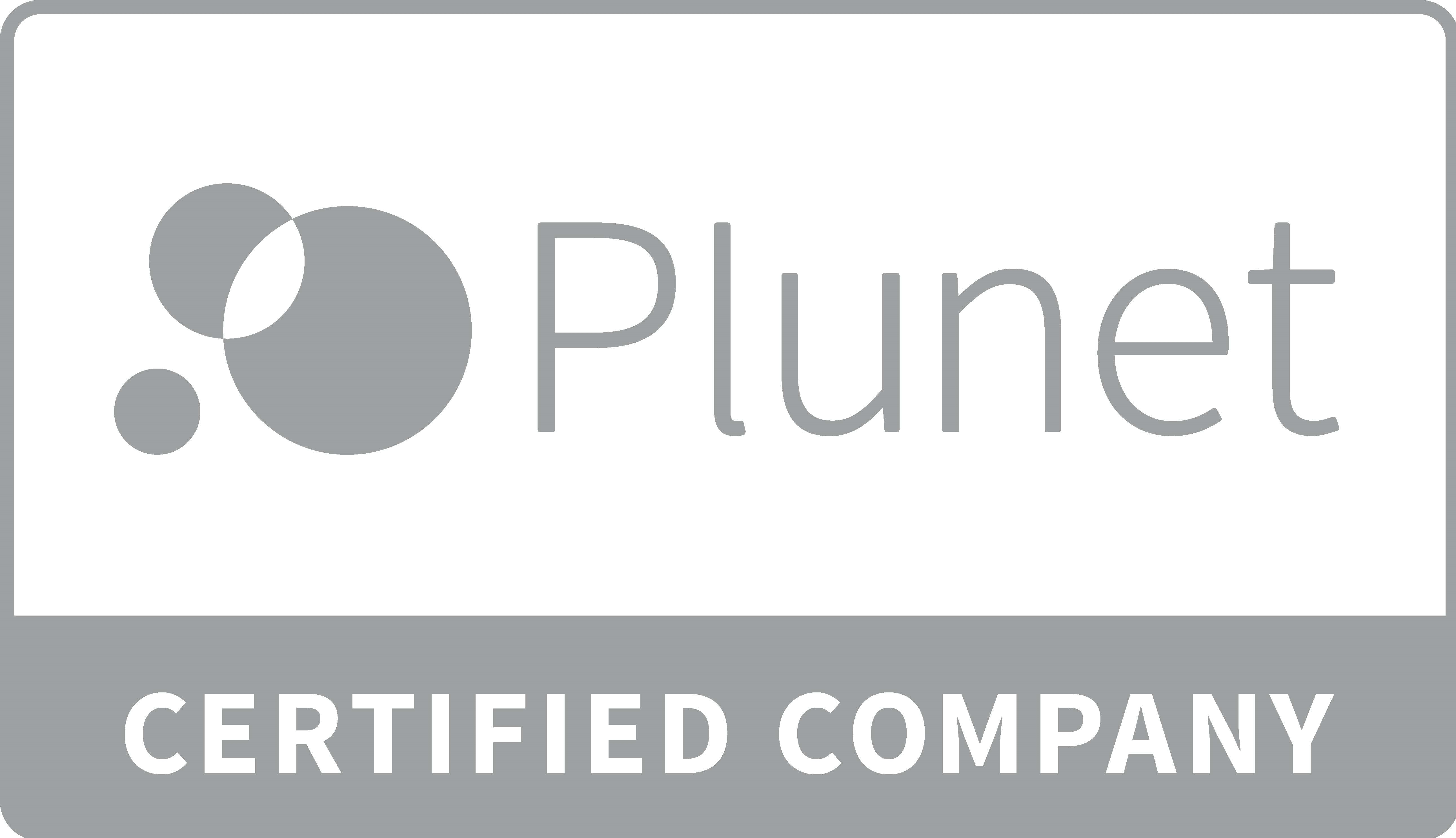What Is Localization Project Management?
The localization industry has been evolving rapidly due to advancements in translation technology, such as machine translation, automation tools, and API integration. While AI cannot replace the human element of localization, it has encouraged professionals in the field to reconsider how they allocate their time and embrace new skills and responsibilities. This revolution is particularly evident in localization project management.
Localization project management involves coordinating localization campaigns, translating content into multiple languages for global use. Project managers are responsible for maintaining relationships and ensuring efficient workflows among translators, reviewers, developers, and other stakeholders. They also manage localization spend and oversee the application of localization technology to reduce time-to-market and enhance content quality. Highly organized individuals thrive in this challenging and rewarding career path, which is becoming increasingly in demand as businesses expand globally.
However, in some cases, localization project management can become monotonous and inefficient. Managers may find themselves burdened with administrative tasks, acting as mere “human spreadsheets” forwarding files, tracking progress manually, and constantly following up. This outdated approach is quickly being replaced by more streamlined strategies.
In contrast, the true potential of localization project management lies in taking a holistic view of the localization ecosystem. With the right tools and technologies in place, project managers can focus on innovation, resource development, and leveraging the expertise of all stakeholders involved. They stay abreast of the latest localization technologies, integrate APIs, optimize content architecture, and automate processes to save time. They also foster close collaboration among diverse teams, advocate for localization at the executive level, and build a positive culture around localization.
Asset building, such as maintaining translation memories and terminology databases, becomes more feasible when managers are freed from menial tasks. Streamlining the review process and managing people effectively become key skills. Project managers can upgrade from spreadsheets to comprehensive localization platforms, increasing transparency and accountability. They have the opportunity to conduct market research, explore compliance issues, and identify critical markets for success.
In summary, the evolution of localization technology is reshaping the role of localization project managers. With the right tools and technologies, they can move beyond administrative tasks, become strategic influencers, and focus on innovation, collaboration, asset building, streamlining processes, and market research, ultimately driving the success of localization initiatives. Expand your global horizons with Netwire Global Linguistic Solutions! Discover how our specialized translation and localization services can boost the success of your international business. Contact us now and take your communication beyond language barriers!
Localization project management is the process of coordinating and overseeing the translation and adaptation of content into multiple languages for global use. It involves managing a variety of tasks, stakeholders, and technologies to ensure efficient and successful localization campaigns. Here are some key aspects of localization project management:
Coordination and Communication: Localization project managers act as the central point of contact for all stakeholders involved in the localization process. They facilitate communication among translators, reviewers, developers, content creators, and other team members to ensure smooth collaboration.
Workflow Management: Project managers are responsible for creating and maintaining efficient workflows for translation and localization projects. They set timelines, milestones, and deadlines to keep the project on track and ensure timely delivery.
Resource Management: Localization project managers allocate resources effectively, including budget, time, and manpower. They work with language service providers (LSPs) and freelancers to secure the necessary language resources for each project.
Technology Integration: Project managers leverage localization technologies, such as translation memory, terminology databases, and machine translation, to improve efficiency and consistency in translations. They also integrate APIs and automation tools to streamline processes.
Quality Assurance: Ensuring the quality of translated content is a critical responsibility of localization project managers. They implement quality assurance measures, such as linguistic reviews, proofreading, and feedback loops, to maintain the accuracy and cultural relevance of the translations.
Cost Management: Project managers monitor localization spend and strive to optimize costs without compromising on quality. They negotiate with language service providers and vendors to obtain competitive pricing.
Risk Mitigation: Localization project managers identify and mitigate potential risks that could impact the success of the localization project. They proactively address challenges and find solutions to ensure smooth execution.
Continuous Improvement: Effective project managers continuously evaluate the localization process and seek opportunities for improvement. They analyze performance metrics, gather feedback from stakeholders, and implement best practices for future projects.
Stakeholder Relationship Management: Project managers build and maintain strong relationships with stakeholders, including clients, internal teams, and language service providers. Understanding their needs and expectations is crucial for delivering successful localization outcomes.
Localization project management is a dynamic and evolving field that requires a blend of organizational, communication, and technological skills. As localization becomes increasingly important for businesses expanding globally, skilled project managers play a vital role in driving the success of international initiatives. By partnering with Netwire Global Linguistic Solutions, businesses gain access to expert localization project managers and specialized translation and localization services to navigate the complexities of global markets successfully. Contact us today to experience the benefits of efficient and strategic localization project management for your international business.
Quality assurance (QA) is a crucial aspect of localization project management to ensure that the translated content meets the highest standards of accuracy, consistency, and cultural relevance. Here are some key components of quality assurance in localization:
Linguistic Reviews: Linguistic reviews involve having a qualified language expert, often a native speaker of the target language, review the translated content. The reviewer checks for linguistic errors, grammar, and overall readability. Linguistic reviews help catch any mistranslations or linguistic inaccuracies that may have been overlooked during the initial translation.
Proofreading: Proofreading is the process of carefully reviewing the translated content to identify and correct typographical errors, punctuation mistakes, and formatting issues. It ensures that the final output is error-free and presents a professional image to the target audience.
Consistency Checks: Consistency in terminology and style is essential for maintaining a cohesive brand image and user experience. Localization project managers use specialized tools like translation memory to ensure consistent translations across all content and future projects.
Cultural Relevance: Localized content should be culturally appropriate and resonate with the target audience. Quality assurance involves verifying that the content is sensitive to cultural nuances, idiomatic expressions, and local preferences.
Feedback Loops: Feedback loops allow for continuous improvement in the localization process. Project managers gather feedback from reviewers, translators, and other stakeholders to identify areas for enhancement and address any recurring issues.
Style Guides and Glossaries: Project managers create and maintain style guides and glossaries that provide specific guidelines on language usage, brand tone, and industry-specific terminology. These resources help ensure consistency in translations and align with the brand’s voice.
Contextual Understanding: Quality assurance requires understanding the context of the translated content. Project managers provide sufficient context to translators and reviewers, which helps them produce accurate and contextually relevant translations.
User Testing: In some cases, user testing may be employed to gather feedback from actual end-users of the localized content. This provides valuable insights into the user experience and any potential issues that may need to be addressed.
Continuous Improvement: QA is an iterative process aimed at continuous improvement. Project managers analyze QA results, make necessary adjustments to the localization process, and implement best practices for future projects.
By prioritizing quality assurance in localization, project managers can ensure that the final translated content meets the expectations of the target audience, maintains the integrity of the brand, and drives positive user experiences. Netwire Global Linguistic Solutions emphasizes quality assurance throughout the localization process, delivering accurate and culturally relevant translations that enable businesses to effectively connect with global audiences and achieve international success. Contact us now to experience the benefits of our comprehensive quality assurance approach in localization.
Quality assurance is a fundamental aspect of localization project management to guarantee the accuracy and cultural relevance of translated content. Let’s dive deeper into the key quality assurance measures implemented by localization project managers:
Linguistic Reviews: Linguistic reviews involve having qualified linguists, preferably native speakers of the target language, review the translated content. These linguists meticulously examine the translations for grammar, syntax, and language proficiency to ensure the accuracy of the final output.
Proofreading: Proofreading is a meticulous review process aimed at identifying and correcting typographical errors, punctuation mistakes, and formatting inconsistencies in the translated content. It ensures that the content is free from any mechanical errors that may have occurred during the translation process.
Consistency Checks: Consistency in terminology and style is critical for maintaining brand identity and user experience. Localization project managers use specialized tools like translation memory to ensure that specific terms and phrases are consistently translated across all content and projects.
Cultural Relevance: Quality assurance involves verifying that the translated content is culturally appropriate and relevant to the target audience. Project managers and linguists ensure that idiomatic expressions, cultural references, and local preferences are considered during the translation process.
Feedback Loops: Feedback loops are essential for continuous improvement. Localization project managers gather feedback from translators, reviewers, and other stakeholders to identify areas of improvement and address any issues that arise during the localization process.
Style Guides and Glossaries: Project managers create and maintain style guides and glossaries that provide guidelines on language usage, brand tone, and industry-specific terminology. These resources ensure consistency and adherence to the brand’s voice and style.
Contextual Understanding: Quality assurance requires a thorough understanding of the context in which the translated content will be used. Project managers provide translators and reviewers with sufficient context to ensure accurate and contextually relevant translations.
User Testing: In some cases, user testing may be conducted to gather feedback from the actual end-users of the localized content. This valuable input helps identify any usability issues and ensures that the content meets the expectations of the target audience.
Continuous Improvement: Quality assurance is an iterative process focused on continuous improvement. Project managers analyze quality assurance results, implement corrective actions when needed, and apply best practices to future localization projects.
By prioritizing quality assurance measures, localization project managers can ensure that the translated content is of the highest quality, resonates with the target audience, and successfully conveys the intended message. Netwire Global Linguistic Solutions places great emphasis on quality assurance, delivering accurate and culturally relevant translations that empower businesses to effectively engage with global audiences and achieve international success. Contact us now to experience the benefits of our comprehensive approach to quality assurance in localization.








